TYPHOON

CHARLES CUMMING
St. Martin's Press  New York
New York
ALSO BY CHARLES CUMMING
A Spy by Nature
The Spanish Game
The Hidden Man
This is a work of fiction. All of the characters,organizations, and events portrayed in this novel are either products of theauthor's imagination or are used fictitiously.
TYPHOON. Copyright(c) 2008 by Charles Cumming. All rights reserved. Printedin the United States of America. For information, address St. Martin'sPress, 175 Fifth Avenue, New York, NY 10010.
www.stmartins.com
Design by Phil Mazzone
Library of Congress Cataloging-in-Publication Data
Cumming, Charles, 1971-
Typhoon / Charles Cumming.--1st U.S. ed .
p . cm.
ISBN 978-0-312-55852-9
I. Title.
PR6103.U484T97 2009
823'.92--dc22
2009024029
Originally published in Great Britain by MichaelJoseph
First U.S. Edition: November 2009
10 9 8 7 6 5 4 3 2 1
For Iris and Stanley
and
to the memory ofPierce Loughran
(1969-2005)
The superior man understands what is right ;
he inferior man understands what will sell.
--CONFUCIUS
TYPHOON
"Washington has gonecrazy."
I am standing at the foot of Joe's bed in the Worldlink Hospital. Sixdays have passed since the attacks of 11 June. There are plastic tubes runningfrom valves on his wrists, a cardiac monitor attached by pads to the spacesbetween the bruises and cuts on his chest.
"What do you mean?"
"Only a handful of people at Langley knew what Miles was up to. Nobodyelse had the faintest idea what the hell was going on out here."
"Who told you this?"
"Waterfield."
Joe turns his head towards the window and looks out on anotherfeatureless Shanghai morning. He has a broken collarbone, a fracture in hisleft leg, a wound on his skull protected by loops of clean white bandage.
"How much do you know about all this?" he asks, directing his eyes intomine, and the question travels all the way back to our first months in HongKong.
"Everything I've researched. Everything you've ever told me."
My name is William Lasker. I am a journalist. For fourteen years Iserved as a support agent of the British Secret Intelligence Service. For tenof those years, Joe Lennox was my handler and close friend. Nobodyknows more about RUN than I do. Nobody except Joe Lennox himself.
He clears a block in his throat. His voice is still slow and uneven fromthe blast. I offer him a glass of water which he waves away.
"If the CIA didn't know about Miles, they'll be going through everyfile, every email, every telephone conversation heever made. They'll want answers. Heads are going to roll. David Waterfield canget you those files. He has a source at Langley and a source in Beijing."
"What are you getting at?"
A nurse comes into the room, nods at Joe, checks the flow rate on his IV drip. Both of us stop talking. For the past six daysthe Worldlink has been crawling with Chinese spies. The Ministry of StateSecurity will be keeping a record of everybody who comes in and out of thisroom. The nurse looks at me, seems to photograph my face with a blink of hereyes, then leaves.
"What are you getting at?" I ask again.
"They say that every journalist wants to write a book." Joe is smilingfor the first time in days. I can't tell whether this remark is a statement ora question. Then his mood becomes altogether more serious. "This story needs tobe told. We want you to tell it."
PART ONE
Professor WangKaixuan emerged from the still waters of the South China Sea shortly before dawn onThursday 10 April 1997. Exhausted by the long crossing, he lay for some time inthe shallows, his ears tuned to the silence, his eyes scanning the beach. Itwas 5:52 a.m. By his calculations the sun would begin to rise over Dapeng Bayin less than fifteen minutes. From that point on he would run the greater riskof being spotted by a passing patrol. Keeping his body low against the slickblack rocks, he began to crawl towards the sanctuary of trees and shrubs on thefar side of the beach.
Hewas wearing only a pair of shorts and a thin cotton T-shirt. All of his worldlypossessions were otherwise contained in a small black rucksack attached to themakeshift raft which he dragged behind him on a length of twine attached to hisleg. The plastic containers that had floated the raft clattered and bounced onthe rocks as Wang inched inshore. The noise of this was too much; he shouldhave prepared for it. Twenty metres short of the trees he stopped and turned. Sandhad begun to stick to his damp, salt-stiffened fingers and he was aware thathis breathing was hard and strained. Two hours earlier, in the half-light ofeastern Shenzhen, Wang had attached a cheap kitchen knife to his calf using astretch of waterproof tape. It took all of his strength now to tear the knifefree and to sever the twine so that the raft was no longer attached to hisbody.
Kuai dian ,he told himself. Hurry. Wang cut the rucksackfree and tried to sling it across his shoulders. It felt as though he had beendrugged or beaten and a grim sense memory of the prison in Urumqi crept up onhim like the rising sun. The rucksack was so heavy and his arms so tired fromthe swim that he felt he would have to rest.
Jia you .
Keep going .
Hestumbled to his feet and tried to rush the last few metres to the trees, butthe rucksack tipped on his back and Wang fell almost immediately, fearing aninjury to his knee or ankle, something that would hamper him on the long walksouth across the hills. Imagine that, after everything I have been through:a tendon sends me back to China. But he found that he could move withoutdiscomfort to the nearest of the trees, where he sank to the ground, sending aflock of startled birds clattering into the sky.
Itwas six o'clock. Wang looked back across the narrow stretch of water and felt atremor of elation which numbed, for an instant, his near-constant dread ofcapture. He reached out and felt for the bark of the tree, for the sand at hisfeet. This place is freedom, he told himself. This shore isEngland. Starling Inlet was less than two kilometres wide, but in thedarkness the tide must have pulled him west towards Sha Tau Kok, or even eastinto the open waters of Dapeng. Why else had it taken him so long to swimacross? The professor was fit for a man of his age and he had swum well; attimes it was as if his desire to succeed had pulled him through the water likea rope. Wiping seawater from the neck of the rucksack he removed several sealsof waterproof tape and withdrew a tightly bound plastic bag. A few minuteslater he had discarded his T-shirt and shorts and dressed himself in damp bluejeans, a black cotton shirt and dark sweater. On his feet he wore grey socksand the counterfeit tennis shoes from the market in Guangzhou.
Now I look like a typical Hong Kong Chinese. Now if they stop me I cansay that I am out here watching for birds.
Wangremoved the binoculars from his rucksack and the small, poorly bound volume onegrets posted to him from Beijing three weeks earlier. The back of his throatwas sour with the salt and pollutants of the sea and he drank greedily from abottle of water, swallowing hard in an effort to remove them. Then he loopedthe binoculars around his neck, placed the water bottle back in the rucksackand waited for the sun.

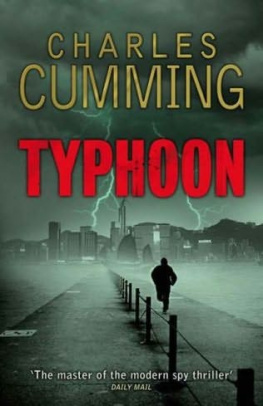
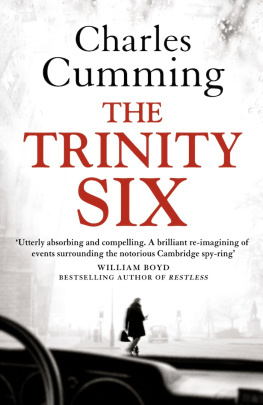
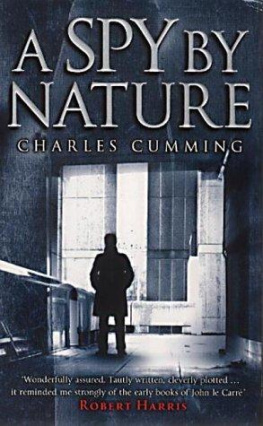
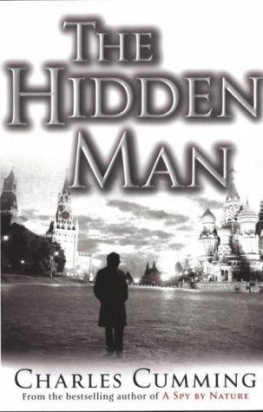

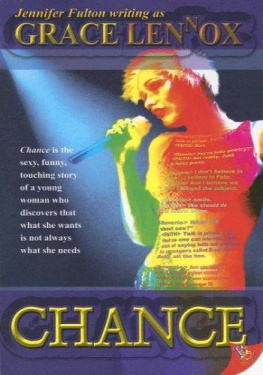
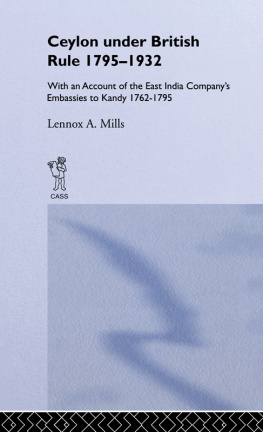



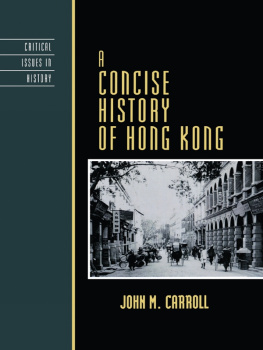
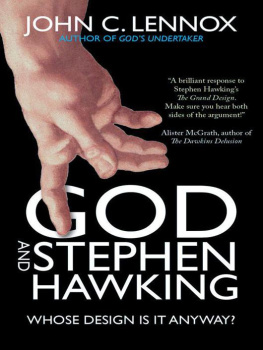

 New York
New York